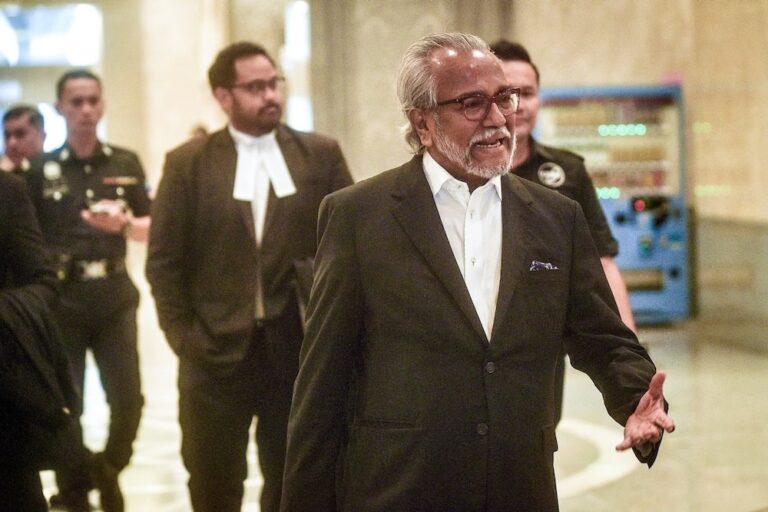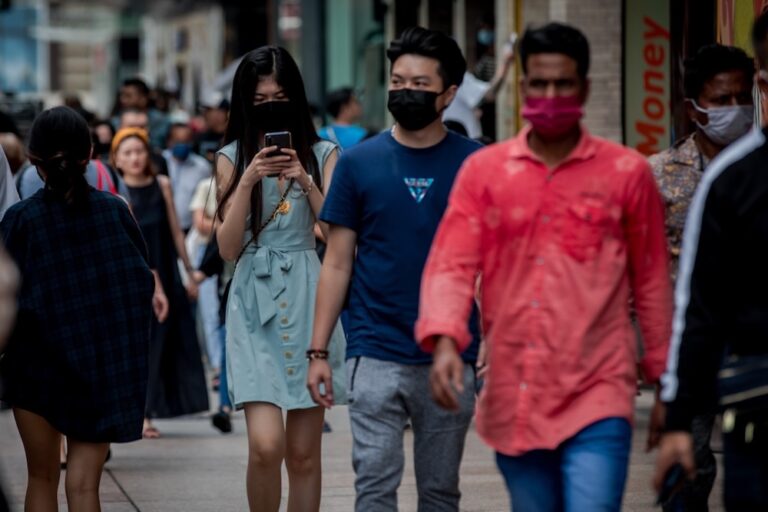(SEAPA/IFEX) – The Malaysian government has banned an independent documentary about the lives of former Malay Muslim members of the now defunct Communist Party of Malaya. In a letter sent to the film’s director, Amir Muhammad, the Malaysian Film Censorship Unit gave seven reasons for its 12 February 2007 decision to ban “Apa Khabar Orang […]
(SEAPA/IFEX) – The Malaysian government has banned an independent documentary about the lives of former Malay Muslim members of the now defunct Communist Party of Malaya.
In a letter sent to the film’s director, Amir Muhammad, the Malaysian Film Censorship Unit gave seven reasons for its 12 February 2007 decision to ban “Apa Khabar Orang Kampung” (Village People Radio Show).
The censors objected to the film’s alleged theme of “a noble communist struggle” which, it claimed, was intended to garner public sympathy for and appreciation of what the communists went through in their struggle to liberate the Malay peninsula from British rule after World War II.
They also took issue with the documentary’s apparent portrayal of the Malaysian government as being unfair for not appreciating the communists’ struggle.
Another contentious point was the film’s criticism of the Malaysian government for offering the communists an unacceptable rehabilitation arangement, compared with the neighbouring Thai government’s willingness to provide land, housing and basic amenities to enable the communists to live a normal life after laying down arms.
The film was also accused of distorting history in equating the communist struggle with that of the Malay warriors who fought British rule when it first took hold in the 19th Century.
The Centre for Independent Journalism (CIJ), the local communication rights watchdog, said the reasons given by the censorship board flagrantly violate article 10 of the Malaysian Federal Constitution, which guarantees free speech.
“Resorting to banning the documentary, rather than engaging in the concerns raised there by the former communists, indicates insecurity (on the part of the government) and makes it increasingly difficult for Malaysians to assess and relate to this period of history,” said CIJ, a SEAPA partner, in a 22 February release. The full release is available here: http://www.cijmalaysia.org/display_story.asp?ID=474
“Apa Khabar Orang Kampung” is the sequel to “Lelaki Komunis Terakhir” (The Last Communist), which was banned in 2006 following an outcry in the mainstream media by people who had not watched the movie. It had been passed by both the Film Censorship Unit and a unique screening for the government intelligence agency, Special Branch.
In arriving at its decision this time, Censorship Board chairperson Mohd Hussain Syafie told the local English-language newspaper “The Sun” that the board has viewed it four times, not counting a special screening for the Special Branch.
“We didn’t come to this decision without a lot of thought,” he said, adding the board put public sensitivity first.
“What I have shown in the film has been published in books. It is just a different point of view. In the end, the public has the right to make up their mind,” the film’s director told “The Sun”.
“Presenting a different point of view is proof of democracy. It appears we have a strange democracy,” he added.
Amir Muhammad has until 10 March to appeal the ban.


